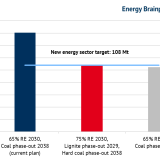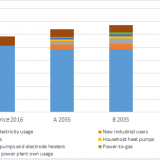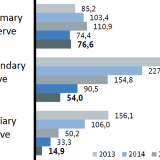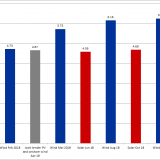2022 starts with the preparation of some legislative changes. The German government wants to pass a legislative package to achieve the expansion paths for renewable energies, the EU taxonomy is currently being discussed, and a legislative reform regarding the termination of electricity contracts is being planned.
Continue reading










